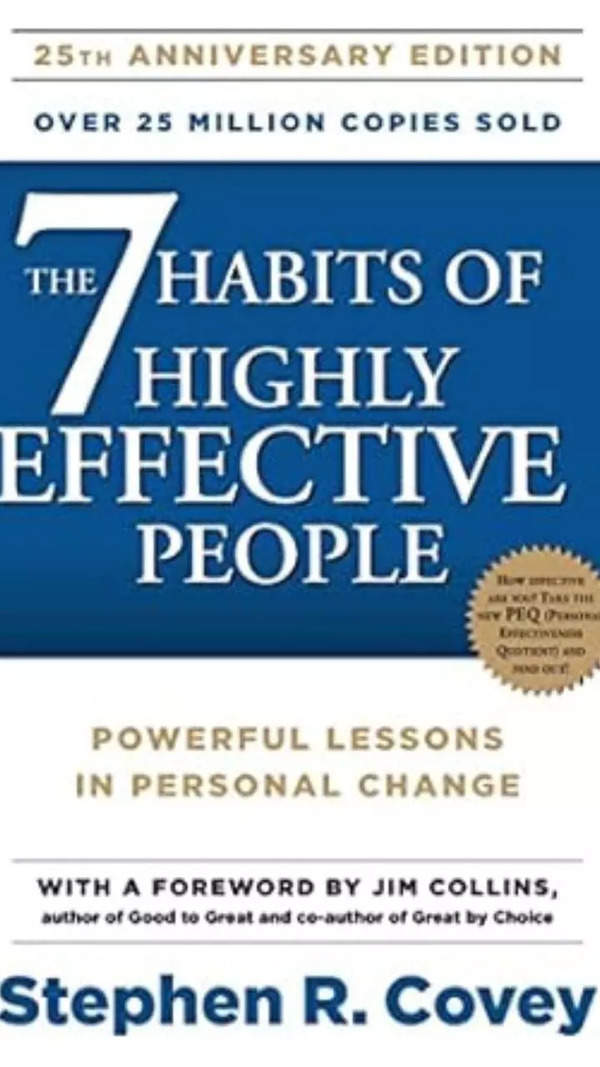- News
- lifestyle
- health-fitness
- health-news
- Zinc deficiency is more common than you think: 10 surprising signs to note
Zinc deficiency is more common than you think: 10 surprising signs to note
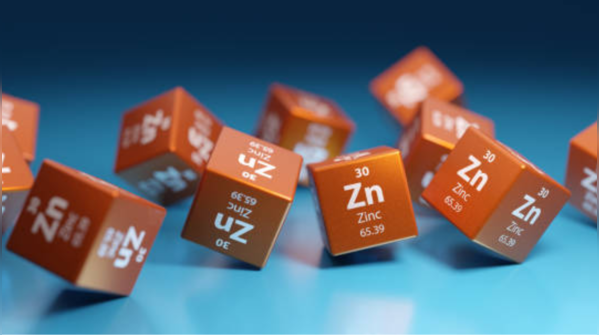
From immunity to metabolism, Zinc has a diverse role
Zinc is a vital mineral that supports immunity, metabolism, wound healing, and overall health. However, many people unknowingly suffer from zinc deficiency, leading to various hidden symptoms. Here are 10 surprising signs that indicate your body might be lacking this essential nutrient.

Frequent cold and infection
If you often catch colds or infections, zinc deficiency may be the culprit. Zinc plays a crucial role in strengthening the immune system by aiding white blood cell function. A lack of it can lead to slower recovery and increased vulnerability to illnesses.
How many calories do you burn while playing cricket?
Sunita Williams and Barry Wilmore might return to the earth a bit younger?
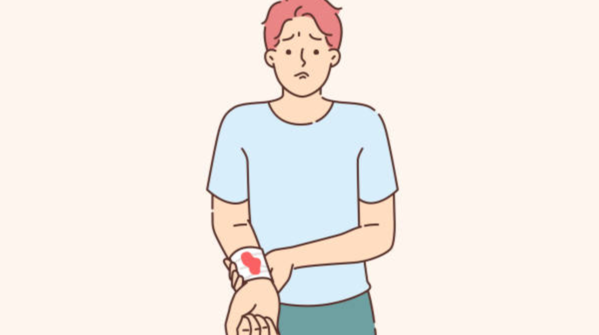
Slow wound healing
Zinc is essential for tissue repair and cell growth. If cuts, bruises, or wounds take longer than usual to heal, it could indicate a deficiency. Low zinc levels impair collagen formation, delaying skin regeneration and making wounds prone to infections.

Loss of taste and smell
Zinc is crucial for the proper functioning of taste and smell receptors. A deficiency can lead to reduced sensitivity or even loss of these senses. If food seems bland or you struggle to detect scents, your body might be signaling low zinc levels.

Unexplainable hair loss and thinning
Zinc supports hair follicle health and protein synthesis. A deficiency weakens hair structure, leading to excessive shedding and thinning. If your hair is falling out more than usual, it may be time to check your zinc intake and improve your diet.

Acne, eczema
Persistent skin problems, including acne, eczema, and rashes, may indicate zinc deficiency. Zinc regulates inflammation and oil production in the skin. Without enough of it, breakouts become more frequent, and skin struggles to heal from irritations and infections.

White spots seen on nails
White spots or brittle nails are common signs of zinc deficiency. Since zinc plays a role in cell production, insufficient levels can weaken nails, causing discoloration and slow growth. If your nails break easily, consider increasing your zinc intake.

Drastic weight loss
Zinc influences taste, digestion, and metabolism. A deficiency can lead to reduced appetite, making food seem less appealing. Over time, this can result in unintentional weight loss, fatigue, and nutrient deficiencies, impacting overall health and energy levels.

Difficulty concentrating
Brain function relies on adequate zinc levels. Deficiency can lead to mental fog, difficulty concentrating, and even memory problems. Since zinc plays a role in neurotransmitter function, low levels may contribute to mood swings and reduced cognitive sharpness.

Feelings of anxiety
Zinc is essential for balancing brain chemicals like serotonin and dopamine. Low levels are linked to anxiety, irritability, and depression. If you experience unexplained mood swings, feelings of sadness, or frequent stress, your body may need more zinc.

Poor gut health
Zinc supports gut lining integrity and enzyme production. A deficiency can lead to bloating, diarrhea, or irritable bowel symptoms. Since zinc helps with nutrient absorption, low levels may contribute to digestive discomfort and imbalanced gut bacteria.
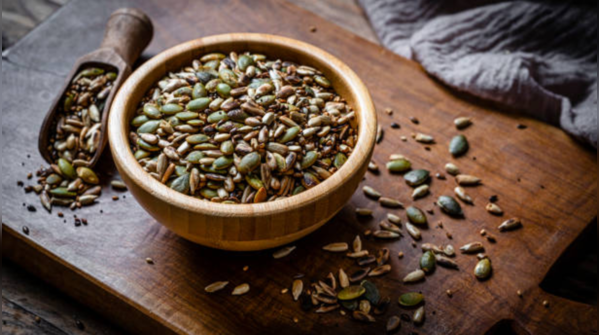
Where is Zinc naturally found?
Zinc is abundant in natural foods, ensuring a healthy intake for optimal body function. Rich sources include pumpkin seeds, sesame seeds, chickpeas, lentils, and nuts like cashews and almonds. Meat, poultry, eggs, and seafood—especially oysters—are excellent animal-based sources. Dairy products like cheese and yogurt also provide zinc. Whole grains and spinach offer plant-based zinc, though absorption improves when paired with vitamin C-rich foods. Balance your diet for better zinc intake!
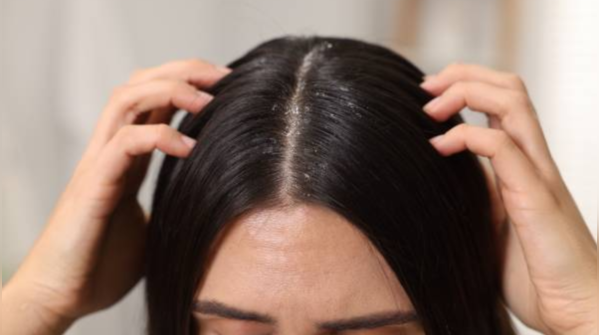
Role of zinc
Zinc is an essential mineral that plays a vital role in immune function, wound healing, and cell growth. It supports enzyme function, aiding digestion, metabolism, and nerve signaling. Zinc is crucial for DNA synthesis, protein production, and tissue repair, making it essential for growth and development. It also promotes healthy skin, reduces inflammation, and supports hormonal balance. Zinc enhances taste and smell and contributes to eye health by preventing age-related vision loss. It is also important for male fertility and testosterone production. Since the body doesn’t store zinc, regular dietary intake from nuts, seeds, dairy, and meat is necessary.
